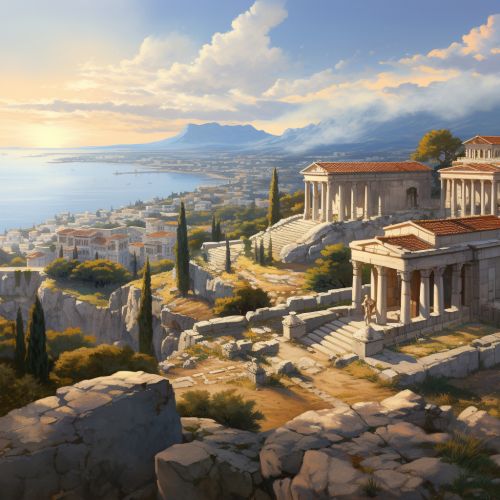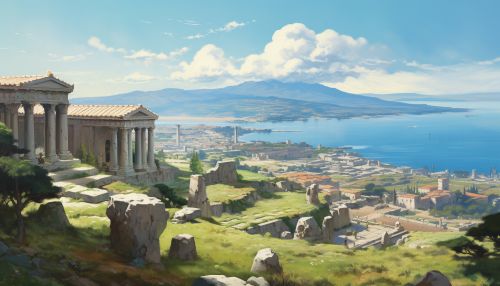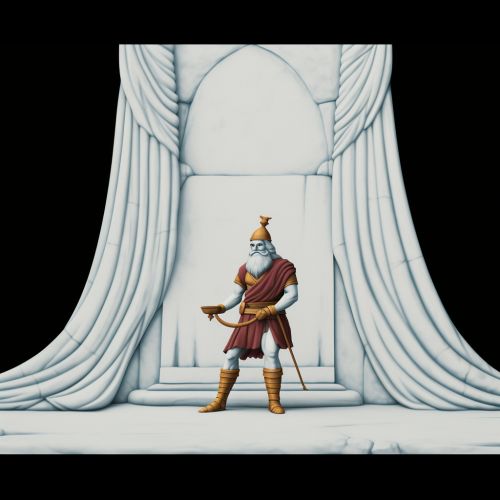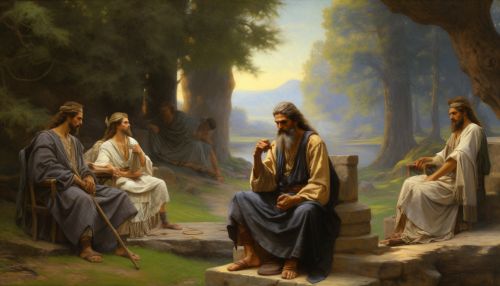Zeno of Elea
Early Life and Education
Zeno of Elea was born around 490 BC in the ancient city of Elea, which is now known as Velia in modern-day Italy. Little is known about his early life and education. However, it is generally accepted that he was a student of Parmenides, a prominent pre-Socratic philosopher, and that he was heavily influenced by Parmenides' teachings.


Philosophical Ideas
Zeno is most famous for his paradoxes, which challenge our understanding of concepts such as motion, space, and time. His paradoxes are often grouped into two categories: those that deal with "the infinite" and those that deal with "the finite".
Paradoxes of the Infinite
The paradoxes of the infinite are based on the assumption that space and time are infinitely divisible. They include the "Dichotomy Paradox", the "Achilles and the Tortoise Paradox", and the "Arrow Paradox".
1. Dichotomy Paradox: This paradox argues that motion is an illusion. To reach a destination, one must first reach the halfway point, then the halfway point of the remaining distance, and so on ad infinitum. Thus, Zeno argues, one can never reach the destination.
2. Achilles and the Tortoise Paradox: In this paradox, Achilles, a swift runner, cannot overtake a tortoise that has a head start. By the time Achilles reaches the tortoise's starting point, the tortoise has moved a little further. This continues indefinitely, preventing Achilles from ever passing the tortoise.
3. Arrow Paradox: This paradox states that an arrow in flight is at rest. At any given instant, the arrow occupies a space equal to itself, appearing stationary. Thus, motion is an illusion.
Paradoxes of the Finite
The paradoxes of the finite, on the other hand, challenge the concept of plurality. They include the "Grain of Millet Paradox" and the "Limited Infinity Paradox".
1. Grain of Millet Paradox: This paradox argues that a single grain of millet makes no sound when it falls, but a thousand grains do. If the sound of a thousand grains falling is just the sum of the sounds of individual grains, then each grain must make a sound. However, this contradicts our observation that a single grain makes no sound.
2. Limited Infinity Paradox: This paradox challenges the idea of a finite whole composed of an infinite number of parts. If a whole is composed of an infinite number of parts, each of which has a size, then the whole must be infinitely large. However, we often consider wholes (like a distance or a duration) to be finite.


Influence and Legacy
Zeno's paradoxes have had a profound impact on philosophical and mathematical thought. They have spurred numerous debates about the nature of reality and have played a crucial role in the development of mathematical concepts such as limits and infinitesimals. Despite the passage of over two millennia, Zeno's paradoxes continue to be subjects of active research and discussion in philosophy and mathematics.
